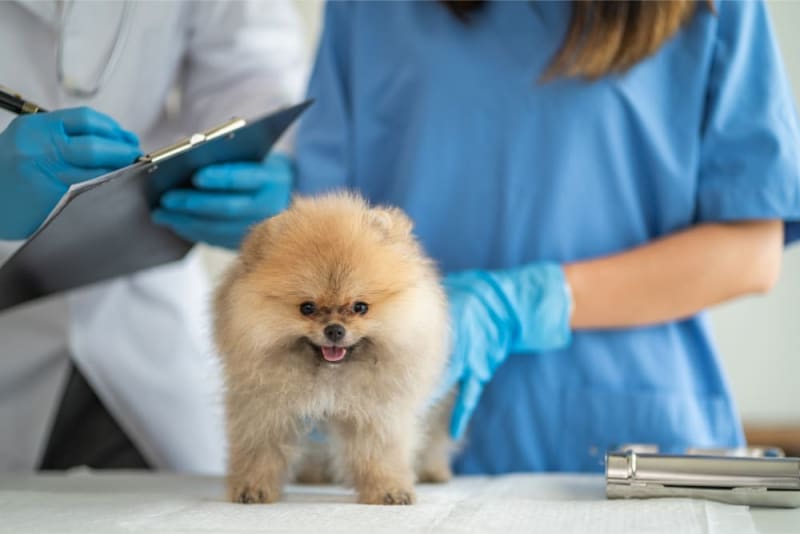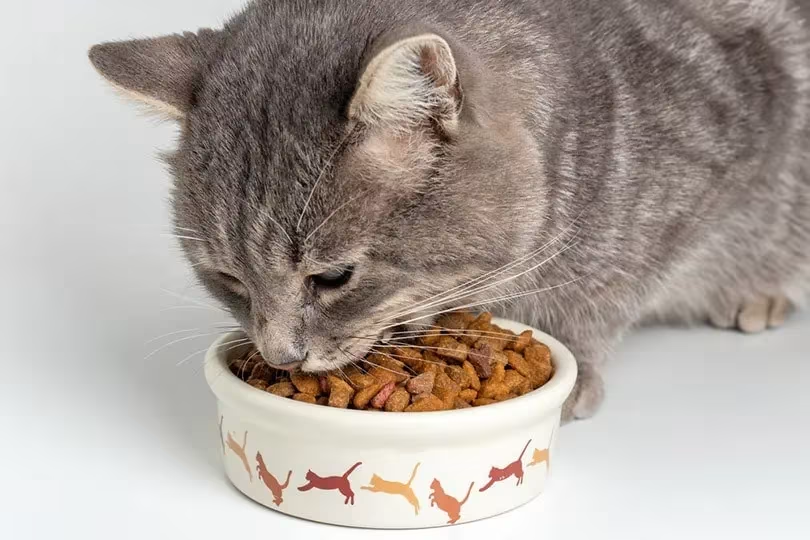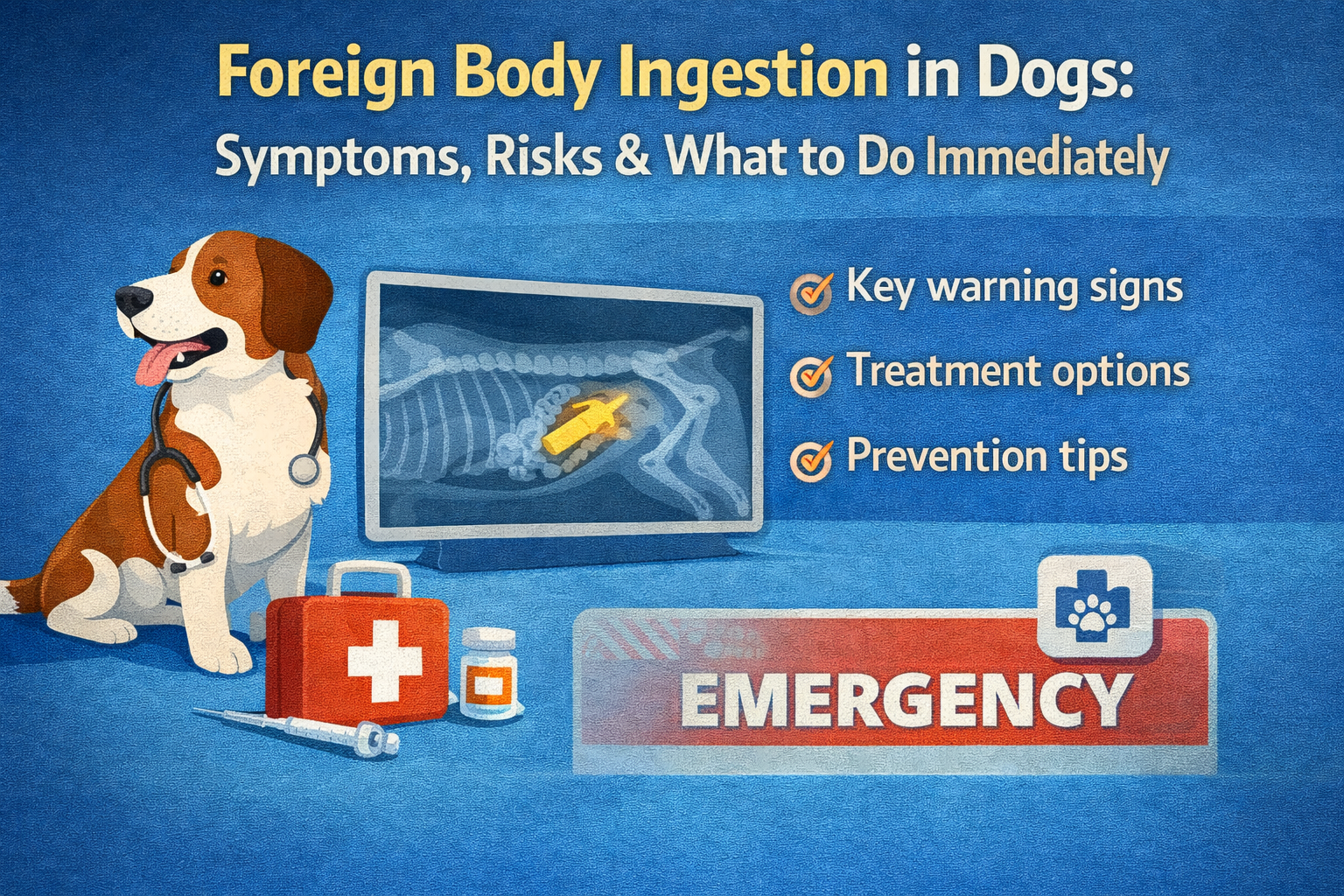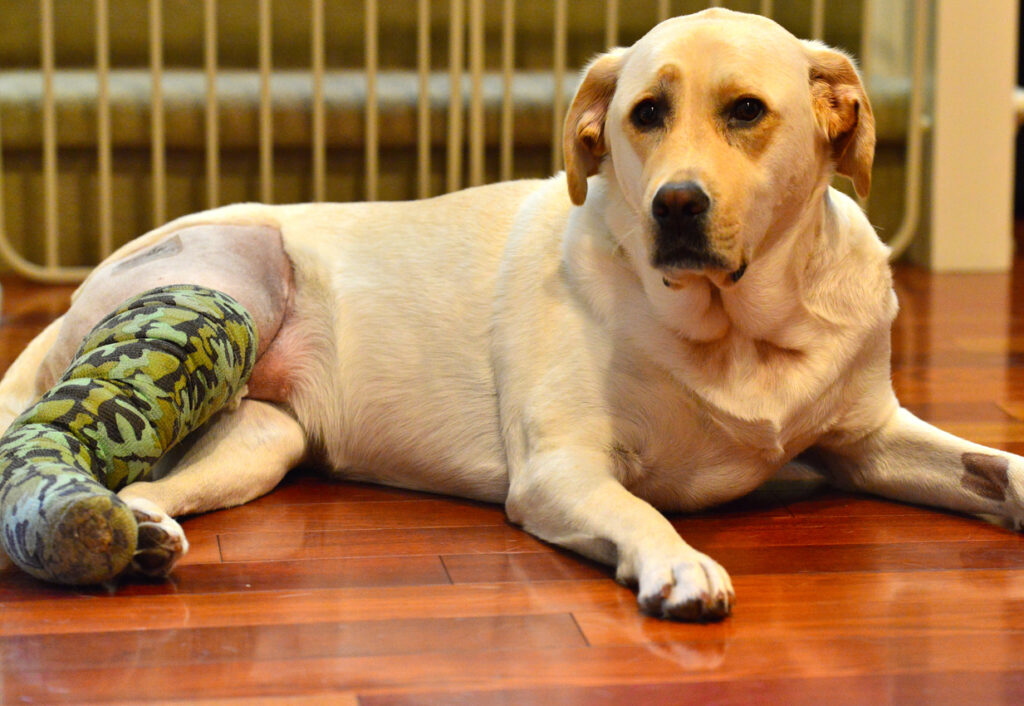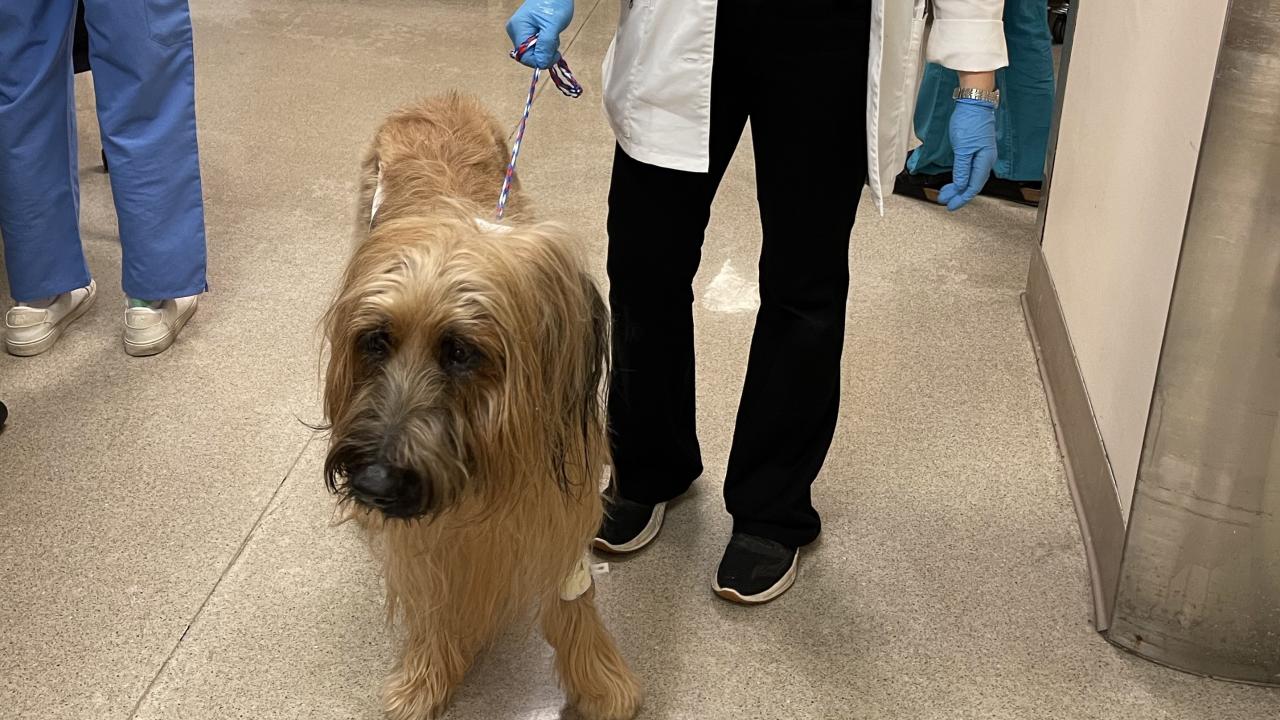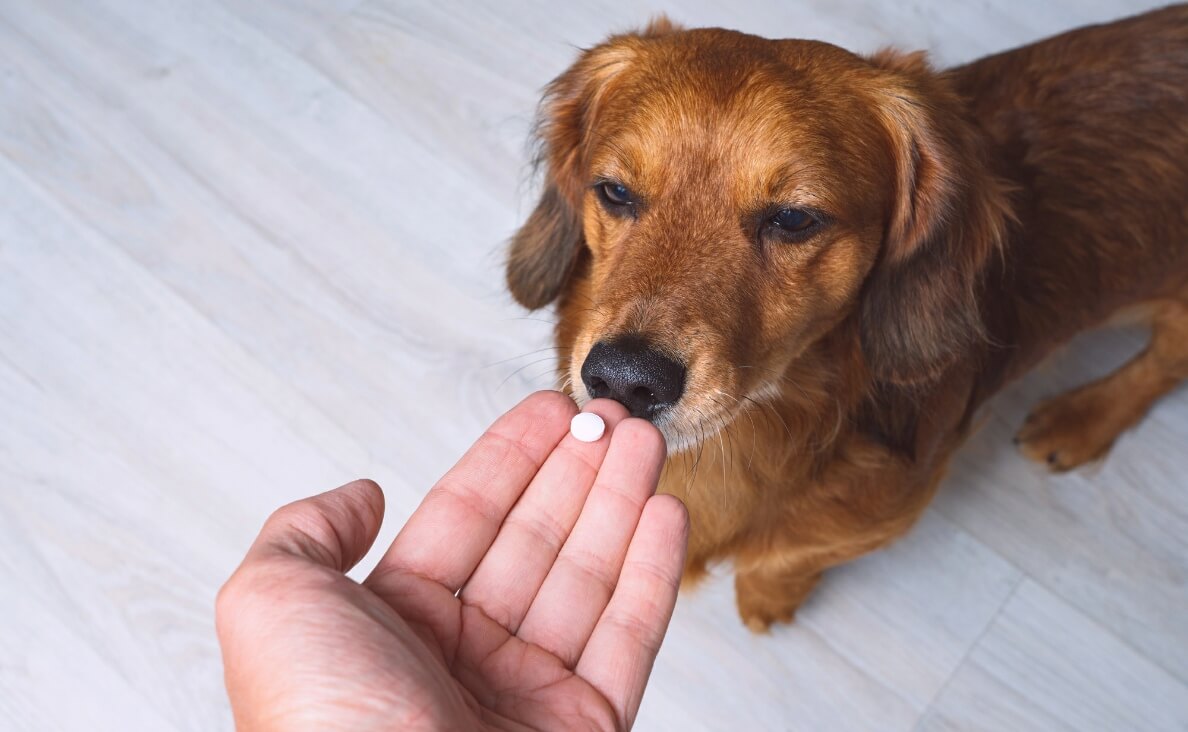Nutrition for Cats with Congestive Heart Failure – Congestive Heart Failure (CHF) in cats is a severe disease that needs multifaceted treatment, which includes medical management, lifestyle changes, and nutritional support. While medicines can enhance clinical signs of CHF and slow disease progression, enough nutrition can strongly support heart health and enhance quality of life. Knowing what to feed a cat with congestive heart failure is frequently hard to navigate. This blog explores the essentials of
heart healthy cat food, offering essential dietary aims, and what to avoid and prioritize.
